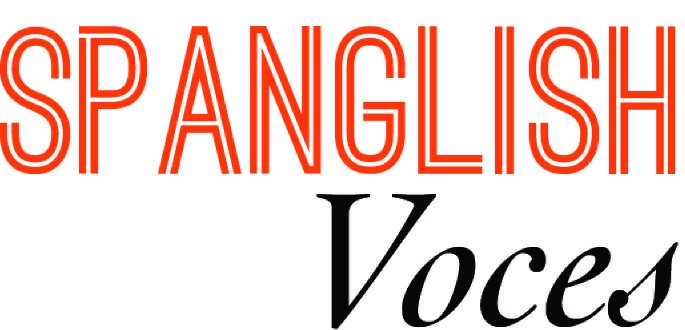“Ave María Purísima!” I hear her scream, followed by the clatter of pots and a loud thud.
I fear the worst. My grandmother is not the woman she used to be − that warrior spirit of
our home, who was all-knowing and all-solving. For some time, I have been gripped by
foreboding each time I see a small sign of her decline. It will not be long before someone has to
care for her. Will it be me?
I run to the kitchen and the first thing I see is the bleeding carcass of the hen, scattered in
pieces on the floor: one bony leg here, another one over there. Behind it, thrown askew, are the
large stockpot and the rainbow of tubers she has hacked at all morning for our sancocho.
I scan the narrow entryway to the kitchen, desperately looking for my grandmother. I
hold onto the edge of the counter, trying not to slip on the oozing crimson on the ground.
“Abuela? Dónde está?” I say. My shaky voice and the use of the formal tone betray my
fear. I have returned to my four-year-old self when my mom first dropped me off for a sojourn
at my grandmother’s mountain cottage in the Venezuelan Andes.
“Listen to your abuelita,” she said while combing down every loose strand of hair as if by
making her little girl pristine, she could somehow smooth over the car wreck that was our broken
home. “Remember that you have to address her as ‘usted’. They’re very formal in this part of
the country.”
I thought I had won the battle to address my grandmother with the casual Caracas habit of
‘tutear,’ or to speak in the informal tone to all, regardless of age, back in my teens. But here I
am, using the formal tone as if pleading to the saints to stop the inevitable.
“I’m here, mija,” she calls faintly from the corner. I continue, trembling.
Then, I see her. There, on top of the breakfast table, dripping wet and shielding herself
with a worn-out wooden spoon sits my 72-year-old grandmother.
“It’s under the kitchen,” she says.
“What is, Abuelita?” I say, stifling my laughter. This woman has survived hunger, buried
children and weathered the continuous conflict that plagues our country, always emerging
triumphant, with the steel façade of one who dares the world to throw any adversity their way,
because nothing can knock them down. I never thought I would see her like this, robbed of her
dignity by a nemesis so small that it fits under the kitchen.
“Look, over there,” she says, puckering up her lips and pointing with her mouth, in that
Venezuelan gesture that I find so amusing after living in Canada for so long. “The rat was huge!”
I look her in the eye and we both explode with laughter.
It took a rodent for me to learn that my heroic grandmother is human like me.
 Alice is a Venezuelan-Canadian writer of fiction that blends magical realism with the political upheaval and inequality that has scarred the South American country in the past two decades. She has a Journalism and Mass Communications degree from the Universidad Catolica Andres Bello and an MBA from UBC Sauder. Alice started her career as an English-language reporter, editor and correspondent in Caracas, during the early years of Chavismo. She lives in Toronto, where she works in product management and is currently working on her first novel, a coming-of-age story set against the turbulent years of Hugo Chavez’s rule.
Alice is a Venezuelan-Canadian writer of fiction that blends magical realism with the political upheaval and inequality that has scarred the South American country in the past two decades. She has a Journalism and Mass Communications degree from the Universidad Catolica Andres Bello and an MBA from UBC Sauder. Alice started her career as an English-language reporter, editor and correspondent in Caracas, during the early years of Chavismo. She lives in Toronto, where she works in product management and is currently working on her first novel, a coming-of-age story set against the turbulent years of Hugo Chavez’s rule.
Follow her on Instagram: https://www.instagram.com/aliceswritingstory/




